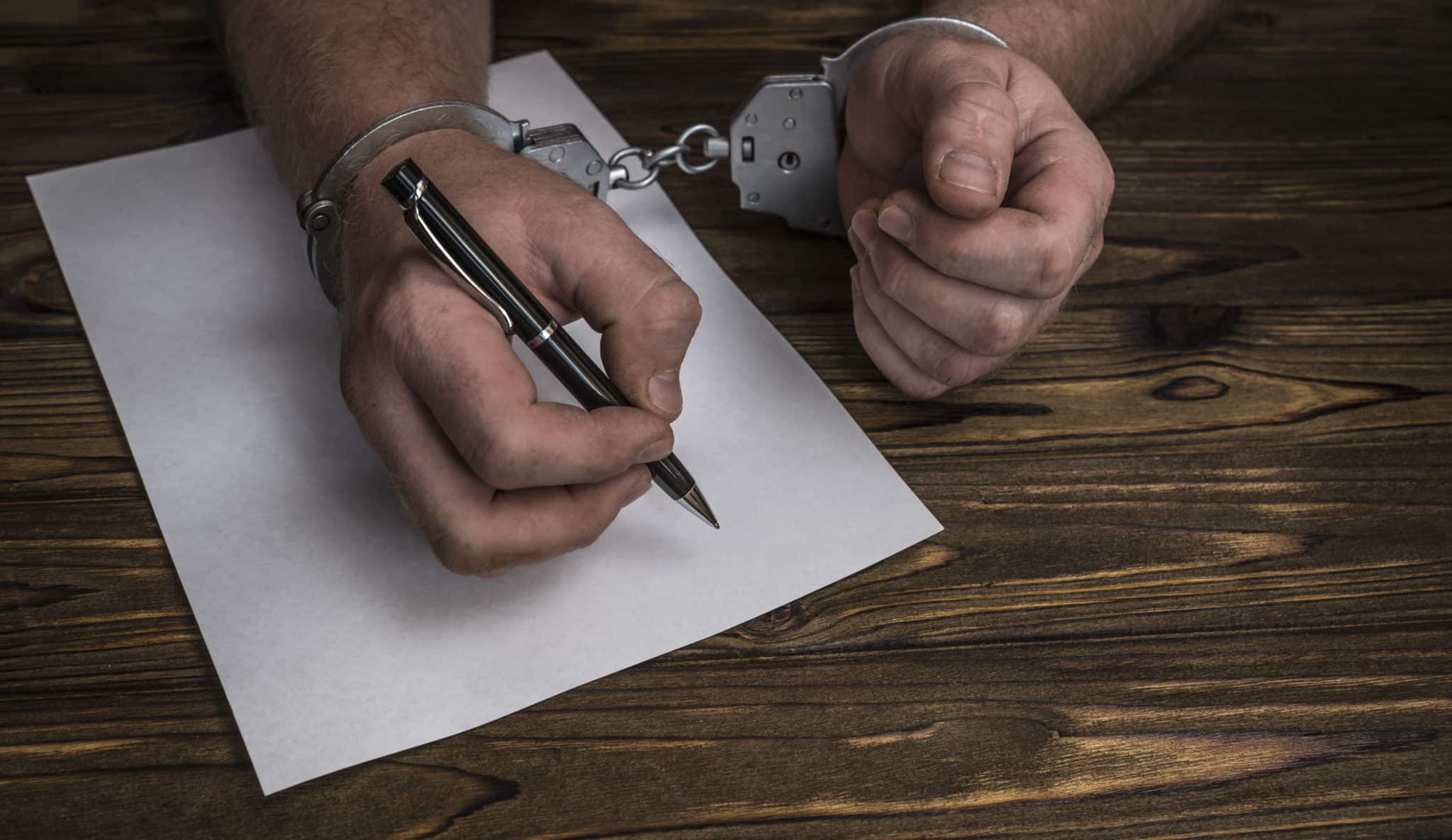Do Confessions Always Lead To Convictions In New York?

Once upon a time, if police got you to confess to a crime in an interrogation room, they could almost count on a slam-dunk conviction. Juries often took the confessions at face value, reasoning nobody would ever confess to a crime they did not commit.
But thanks to podcasts like Serial and documentaries like Making a Murderer, this is starting to change. Juries are becoming more skeptical about confessions, especially when they’re extracted from very young defendants, mentally challenged defendants, or defendants with mental illnesses.
The skepticism is warranted. As we start to see more exonerations we also start to see patterns in what led to these wrongful convictions in the first place. False confessions play a role in wrongful convictions about 30% of the time, more than enough for concern.
See also: 4 Things You Should Know About Criminal Case Appeals.
This fact led to the passage of new New York law demanding police tape all confessions. It doesn’t help that much; police tend to interrogate a defendant for hours, then tape the end result when they’ve finally gotten their chosen suspect to break down.
In a few recent cases, jurors have refused to convict. The Queen’s Jogger Case offers one recent example.
The dubious nature of the confession did not convince all the jurors. Some still clung to the traditional view. But two jurors held out, and did so long enough for the judge to declare a mistrial. A mistrial isn’t an acquittal, but it’s certainly a sign of changing attitudes.
All this means if you or your loved one made the mistake of talking to the police, there’s at least some hope. Your case isn’t over just because you agreed to confess.
See also: How to Help When Your Loved One Has Been Accused of a Crime.
The truth is, this scrutiny should have existed all along. The Supreme Court was trying to issue warnings about defendants who did not have the capacity to resist police interrogation techniques way back in the 40s and 50s. But these rulings have largely gone ignored, leading some to believe the Court may now find itself having to weigh in on these issues in a more definitive way in the near-future.
Obviously, one of the best defenses in your criminal case is to avoid this situation altogether. Exercising your right to silence and insisting police honor your right to an attorney remains the absolute best course of action you can take when you’re accused of a crime in New York City, or anywhere else.
See also: How to Properly Invoke Your Right to Remain Silent, and Why It Matters.
But it’s not over till it’s over, either. So if you’re in trouble, don’t hesitate, even if police got you to admit to guilt. Contact us so we can begin launching your defense. We can still help.

